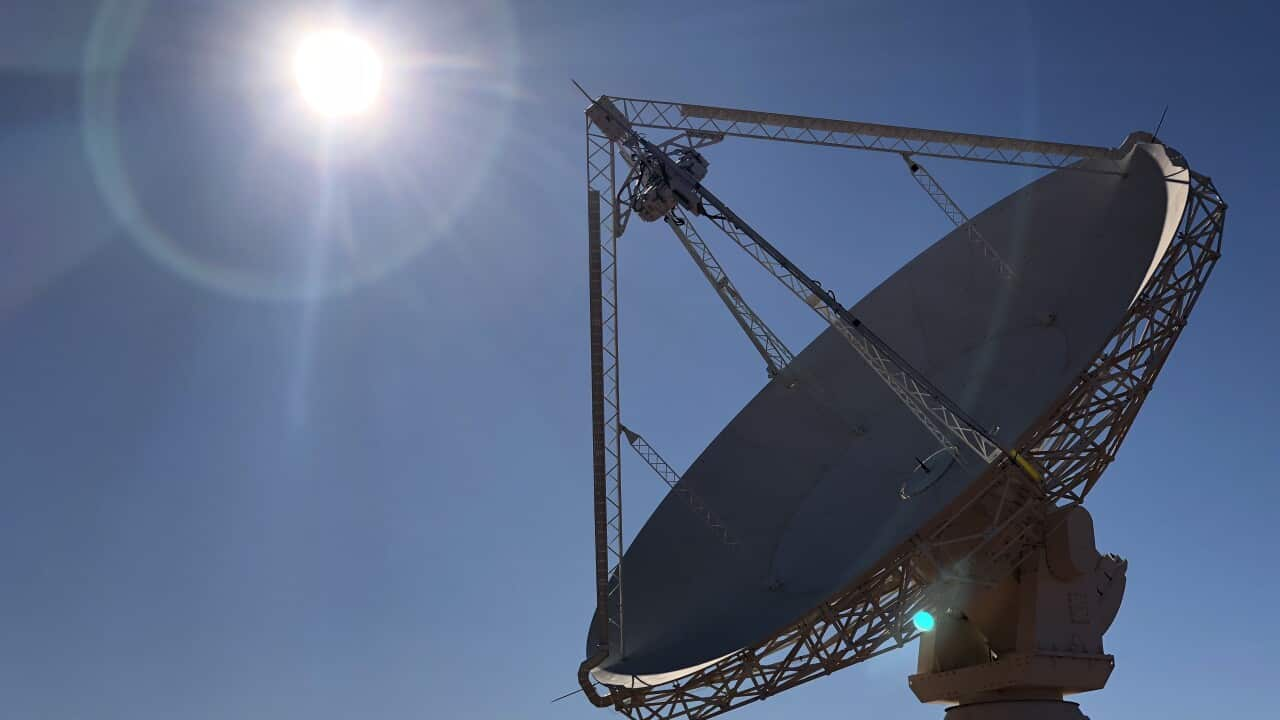When Nicole Mann was a child, she was always fascinated by the stars.
But the young Wailacki woman didn't know who the lucky people were who got to visit them, or what they did once they got there.
Now, at the age of 45, she's finding out first hand.
Mann is the first Native American woman to ever go to space. With a distinguished history in the US Marine Corps and as a test pilot under her belt, she's now breaking the ultimate barrier.
She's just begun a five-month stint aboard the International Space Station, the orbiting science laboratory suspended 450 kilometres above Earth.
She said any nerves she might have had about her historic achievement were helped by advice she received from her mother.
“It's difficult for some people maybe to understand because it's not really tangible,” she said.
“But that positive energy is so important, and you can control that energy, and it helps to control your attitude."
Keeping culture close
When asked about how she would keep herself grounded during the far-flung mission, she spoke about the love from home.
"It’s the strength to know that I have the support of my family and community back home and that when things are difficult or things are getting hard or I’m getting burned-out or frustrated, that strength is something that I will draw on to continue toward a successful mission,” she told the Associated Press.
To remind her of that support, Mann took a childhood present from her mother, and a strong cultural symbol, her dream catcher.

Nicole Mann displays her dream catcher during an interview from space.
The view from above, which astronauts can access from the 'cupola' (a lookout pod), has had another effect on this history-making woman.
“The emotions are absolutely overwhelming,” she said of observing the planet from space.
"It is an incredible scene of colour, of clouds and land, and it’s difficult not to stay in the cupola all day and just see our planet Earth and how beautiful she is, and how delicate and fragile she is against the blackest of black that I’ve ever seen — space — in the background.”












